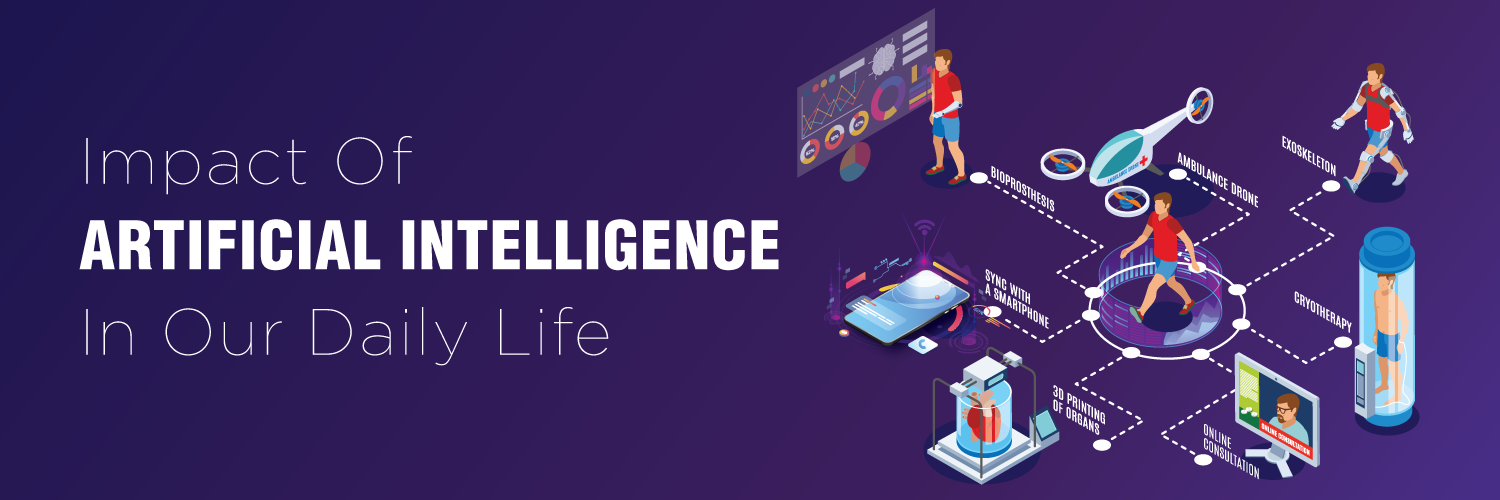With all of the buzz around artificial intelligence, it might be difficult to glance around and see how AI affects our daily lives. The implications of AI and the role it will play in creating the future are being debated throughout the technology sector. Here are a few AI examples that we use on a regular basis.
Smartphones
The smartphone is without a doubt the most important piece of technology we own today and use practically all of the time. Whether or not you realize it, you engage with AI while using your smartphone. In-built smart assistants, portrait mode in cameras, and AI technology all have an impact on our daily lives.
Social Media
Social media feeds are the second most prominent AI example. There are numerous apps available. If you use any of the social media platforms, AI will influence your decision. Artificial intelligence curates everything from your feeds to the notifications you receive every second.
Artificial Intelligence analyses all of your previous searches and interactions to create a personalized experience for you. Artificial intelligence’s main goal is to make apps so dynamic and addictive that you keep coming back to them.
Travel and Navigation
We connect with AI in a variety of ways, from utilizing digital maps to booking a cab or airline for travel. Artificial intelligence is used by navigation apps to analyze data points and offer us with real-time traffic info. When we reserve a cab, AI selects the car and price that best suit our needs, and the cab is subsequently given to us.
Healthcare
Artificial intelligence (AI) is advancing at a breakneck pace, and it’s now making inroads into the healthcare industry. The development of AI-enabled equipment has simplified diagnosis. Furthermore, it aids in the simplification of management and treatment procedures. As a result, hospitals are quickly adopting AI-enabled technology to speed up nearly everything, from research to disease diagnosis.
E-Commerce
The e-commerce business is improving the user experience with the help of AI. Only AI allows for personalization, targeting, and product suggestions based on a customer’s purchase and browsing history. As a result of the growing trend, several e-commerce enterprises have begun to employ artificial intelligence technologies in order to better understand their customers.
Simultaneously, as we advance beyond simple Neurological Networks and into systems that are closely patterned on the human neural structure, we must carefully consider the ramifications of AI use. These systems could conceivably start acting in unforeseen ways that are beyond our current comprehension. When we examine how AI can improve all aspects of life, though, all potential difficulties seem insignificant.[/vc_column_text][/vc_column][/vc_row]



Add a Comment
You must be logged in to post a comment